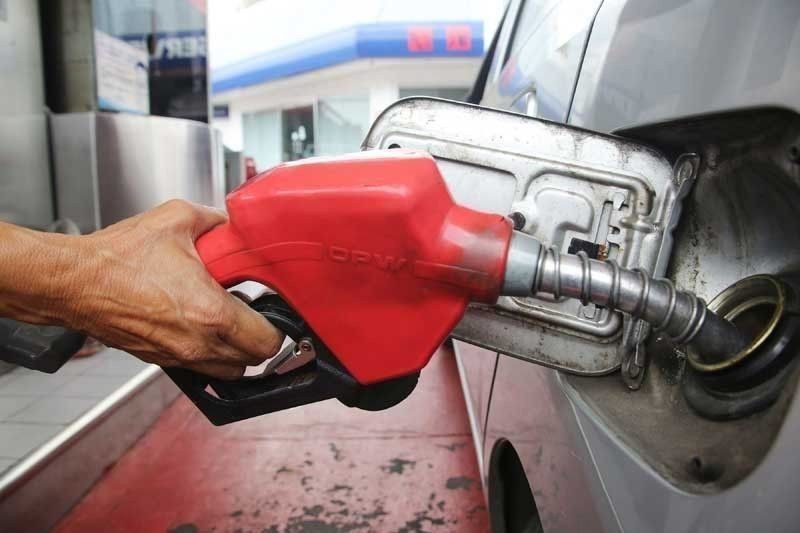Tax from fuel marking up 22% to P154 billion

MANILA, Philippines — The government improved its tax take from fuel marking by nearly 22 percent to P154 billion in the second year of the program due to increased collection from petroleum imports.
Finance Secretary Carlos Dominguez yesterday said revenue from fuel marking jumped by 21.65 percent to P153.93 billion in the second year from P126.54 billion in the pilot year.
Broken down, fuel marking efforts by the Bureau of Customs rose by close to a third to P142.93 billion, offsetting the more than 41 percent drop to P11 billion by the Bureau of Internal Revenue (BIR).
Further, the Customs and BIR marked a combined 16.85 billion liters of fuel in the second year, beating the 12.05 billion liters they monitored in the first year. As of Sept. 10, Dominguez said the government raised P286.33 billion from the program covering 29.37 billion liters of fuel.
The Customs accounted for roughly 90 percent of the amount at P256.55 billion, while the BIR chipped in the other 10 percent at P29.78 billion. Diesel made up bulk of the marked fuel at 17.9 billion liters, followed by gasoline (11.31 billion liters) and kerosene (156.14 million liters).
By area, regulators sourced over 73 percent or 21.46 billion liters of the volume from oil firms in Luzon, while industry players in Mindanao and Visayas supplied the remainder at 6.29 billion liters and 1.61 billion liters, respectively.
Petron Corp. accounted for the largest share of marked fuel at 23 percent or 6.75 billion liters, ahead of Pilipinas Shell Petroleum Corp.’s 5.51 billion liters and Unioil Petroleum Philippines Inc.’s 3.03 billion liters.
Seaoil Philippines, Insular Oil Corp. and Phoenix Petroleum Philippines Inc. recorded shares of around eight percent each.
The government started marking petroleum products on Sept. 4, 2019, in compliance with the Tax Reform for Acceleration and Inclusion or TRAIN Law. The program intends to eliminate smuggling and misdeclaration of fuel and improve tax collection from it.
As a procedure, regulators apply a chemical identifier on petroleum products to determine which paid their taxes. If a fuel contains less than 95 percent of the marker level, then its owner will be asked to pay the duties, including fines.
The Customs monitors the program for petroleum imports, while the BIR collects the taxes from local refiners.
Oil firms found selling unmarked fuel will be penalized P2.5 million on first offense, P5 million on second and P10 million on third count, with termination of license.
- Latest
- Trending



























